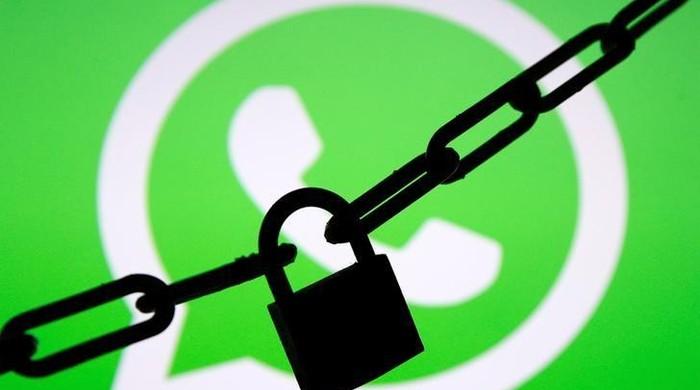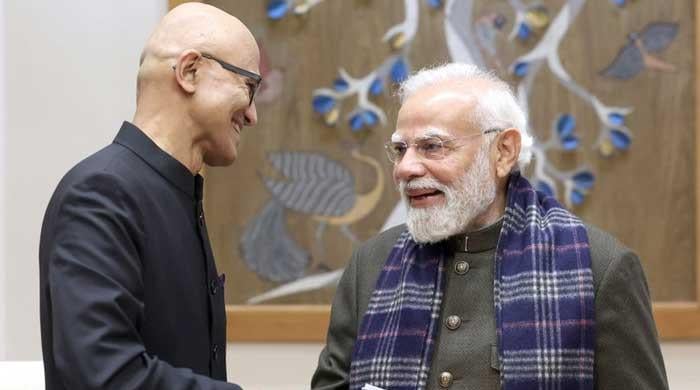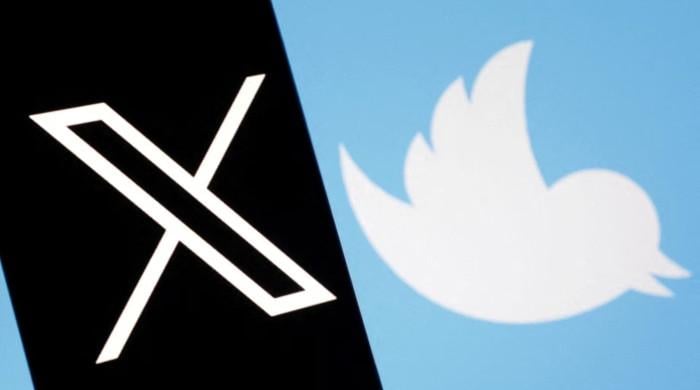WhatsApp confirms end-to-end encryption for iCloud-backed messages
Earlier, iCloud-backed WhatsApp texts were saved in readable form
May 11, 2017

Popular communication app WhatsApp has now introduced end-to-end encryption for iPhone users who have backed up their interactions on iCloud, a move that came softly and swiftly after it did so for Android phones back in 2016.
“The messaging app reportedly introduced the security measure in 2016, but only confirmed the move this week,” The Independent said on Wednesday.
The latest development makes it even more challenging for government agencies to tap into iPhones and WhatsApp communications.
Governments of various countries have been actively engaged in trying to get access to exchanges made on WhatsApp and it has been a burning issue over the past few months. While Android phones are a whole different case, Apple makes sure to protect its users’ privacy by going out of the way, often facing the authorities’ frustration and wrath.
End-to-end encryption entails that messages shared back and forth between a sender and a recipient are scrambled in a way that they become unreadable. Only the people involved in a conversation hold the ‘key’ to access these locked messages.
“Not even WhatsApp” can read a conversation, the company mentioned, adding that “this is because your messages are secured with a lock, and only the recipient and you have the special key needed to unlock and read them. For added protection, every message you send has its own unique lock and key”, the publication reported.
Before this move, iCloud-backed WhatsApp texts were saved in readable form.
Earlier, there was uproar regarding the company’s well-built security measures to ensure user privacy when UK Home Secretary Amber Rudd slammed WhatsApp’s safeguarding techniques following the Westminster terror attack.
“It has emerged that the attacker, Khalid Masood, sent a WhatsApp message moments before launching his assault, and Ms Rudd accused the Facebook-owned app of providing terrorists with a place to ‘hide’,” the media outlet said.
In addition, London-based think-tank Quilliam’s Nikita Malik commented that communication and social media apps have been utilised by Daesh-inspired terrorists. “In a lot of other incidents people have shared material. […] It can act as a sort of a modern suicide note to explain their justification,” she told The Independent.









